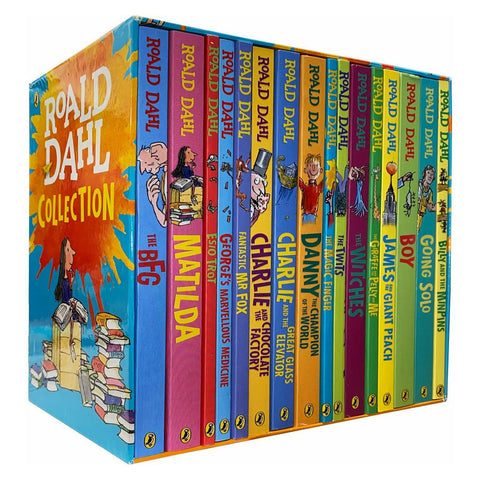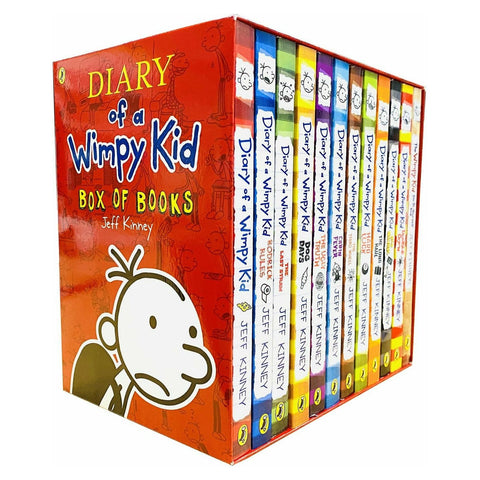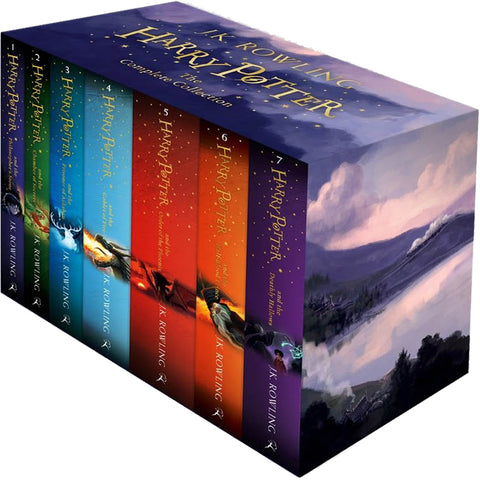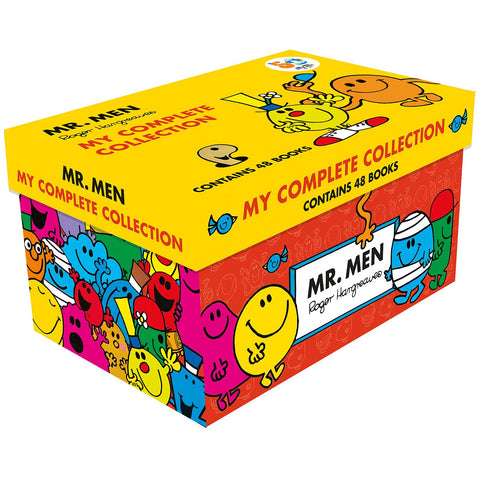Fun Learning Ideas (Age 6-7) - Infants - Key Stage 1 - Year 2
Your child will probably now be starting to read independently, but games and activities are still a fun way to help with phonic skills, word recognition, and general language development.
Your child may become more aware of signs, notices, posters, newspaper headlines, TV adverts, and so on… so make the most of this new reading opportunity! This also helps to reinforce why learning to read is so important. Try some of our fun math games and activities with your child to practise their numeracy skills, build confidence and support what they are learning at school.
Games and activities to do with kids
1. Tongue twisters and language games
- Make up and play with tongue twisters like Peter Piper picked a peck of pickled peppers or Betty Botter bought a bit of butter.
- Find poems and rhymes that play with language, like Michael Rosen’s There’s mustard in the custard.
- Make up guessing games during meal times. For example, ‘I’m thinking of an animal. It can gallop. You can ride it. What is it?’ Take it in turns.
2. Phonic games
- Use the levelled reading books your child brings home from school to see how many words your child can find with a particular sound – for example, the sound ai even if it’s spelled in different ways: ay, a-e – in two minutes!
- Play full circle! Use magnetic letters to make a word. Change one letter each time to make a new word until you get back to the original. For example, ‘park-part-tart-dart-dark-park’.
- There are masses of online phonic games to discover too.
3. Memory games
- Find songs and mnemonics to help your child remember the days of the week/months of the year/colours of the rainbow (for example, ‘Richard Of York Gave Battle In Vain’).
- Use flashcards to learn words which your child finds difficult and play a matching game to find words beginning with the same letter.
- Play ‘Kim’s game’. Put some objects on a tray, talk about them with your child, then cover them up and see how many they can remember.
4. Listening games
- Write and read out a list of rhyming words that have the same sounds such as ‘rain’, ‘brain’, and ‘main’, and then write another word that is different, such as ‘the’. Ask your child which one is the odd one out.
- Play ‘Simon says’ with slightly more complicated instructions than ‘Stand up/Sit down’. Try to jiggle on one leg, flap your arms and hop, rub your tummy and smile!
- Play yes/no games. Your child chooses an object, person or animal and answers yes or no to your questions until you guess what they are thinking about.
5. Action games
- Set up treasure hunts or challenges and encourage your child to read the clues to find the treasure.
- Play games such as charades or What a Performance and make sure you encourage your child to read the instructions.
- Play timed word games like Boggle. Set an egg timer to one or two minutes and tell your child a sound, such as a short-vowel o, and ask them to think up as many words that use that sound before the timer goes off.
6. Tactile games
- Use puppets, dolls and construction toy characters to build a story setting.
- Put a dollop of paint onto a piece of paper and help your child to blow tricky words or letter patterns that have to be learned, using a straw!
- Play dice games by changing the dice faces to letters and asking your child to roll dice to see if he or she can make a word from the letters. Say the sounds when making the word.
7. Screen games
- Play computer games together and ask your child to read the instructions and explain the rules to you.
- Watch educational programmes together such as Alpha blocks or Number jacks. Talk about it and join any linked online clubs.
- Read a book, see the film, play the game! Make links between books and films – which is best?
8. Car journey games
- ‘Where do you think that truck is going?’ Make up a story together about the journey of the truck, each telling a sentence at a time.
- Encourage your child to read the signs and to ask questions.
- Play audio tapes of favourite stories and songs.
9. Practical games
- Read letters/invites/cards, recipes when cooking and instructions for new games.
- At breakfast, read the back of a cereal packet or the funny jokes on products like Innocent yoghurt drinks.
- Use books/websites to find information about the school topic or hobbies and sign up to clubs.
10. Reading together
- Make books together for younger siblings or grandparents.
- Sometimes try reading books to your child that are above their reading age so they can listen and enjoy your reading and expression.
- What child doesn’t love hearing a good story? Watch our story time YouTube playlist for videos of storytellers reading favourite traditional stories.
- Why not choose a book from our website: Click Here
11. Maths games
- Try these fun games with your child to practise maths skills and help to build your child’s confidence. Most children love playing games and it’s an easy way to support their learning.
- Add to 20: practise your addition skills.
- Roll the dice: roll the dice and practise your addition, subtraction and multiplication skills.
- Take a look at our other fun maths activities, designed to help you enjoy maths with your child.
12. Cooking together
- Cooking with your child is an excellent way to practise and talk about key maths skills – counting eggs for a cake recipe, measuring and weighing ingredients together. Best of all, you both get to enjoy a tasty treat at the end!







